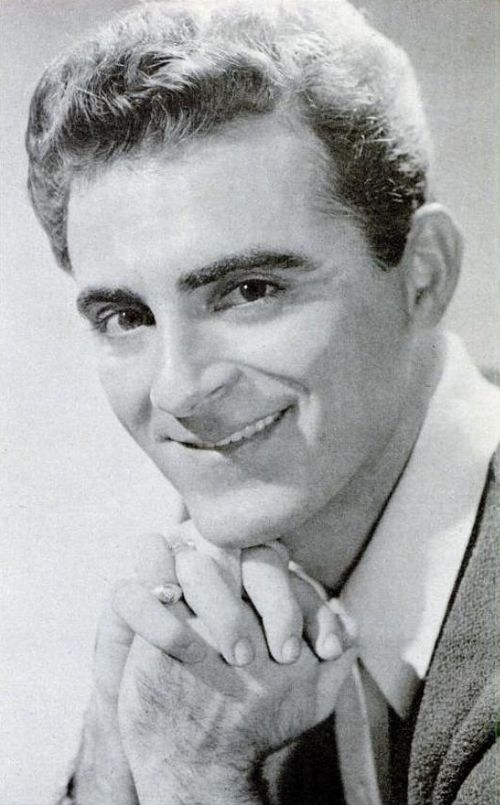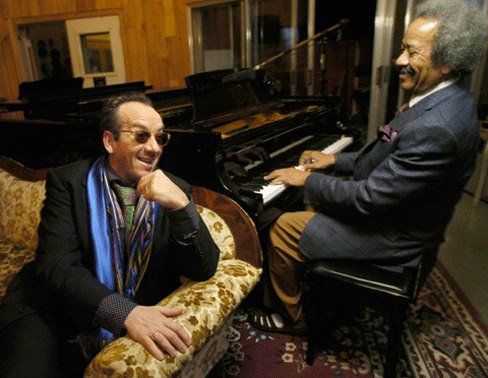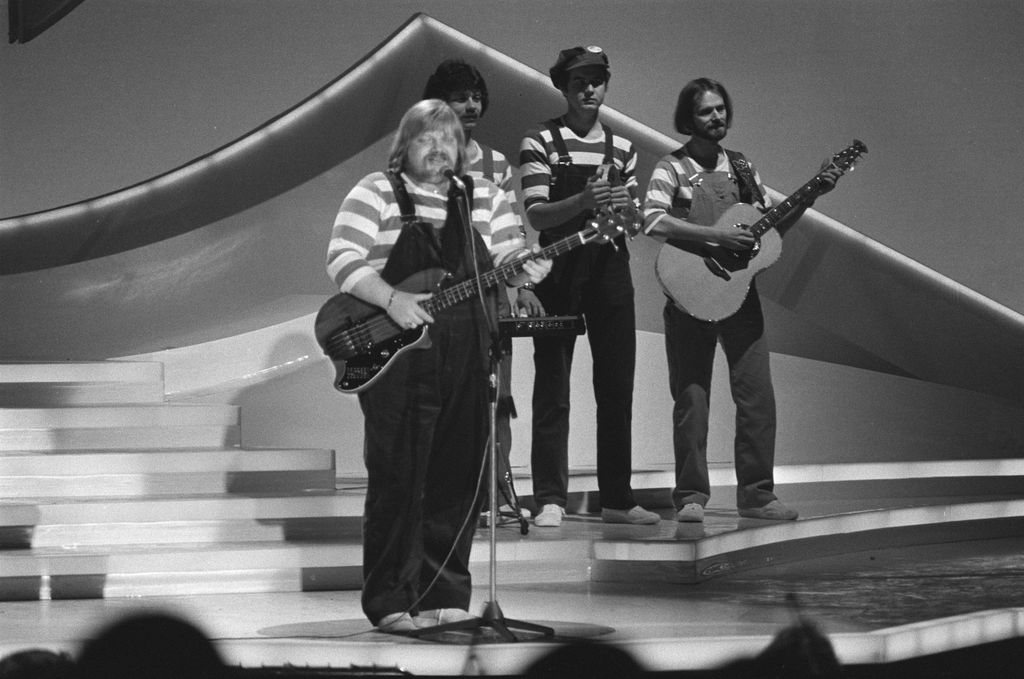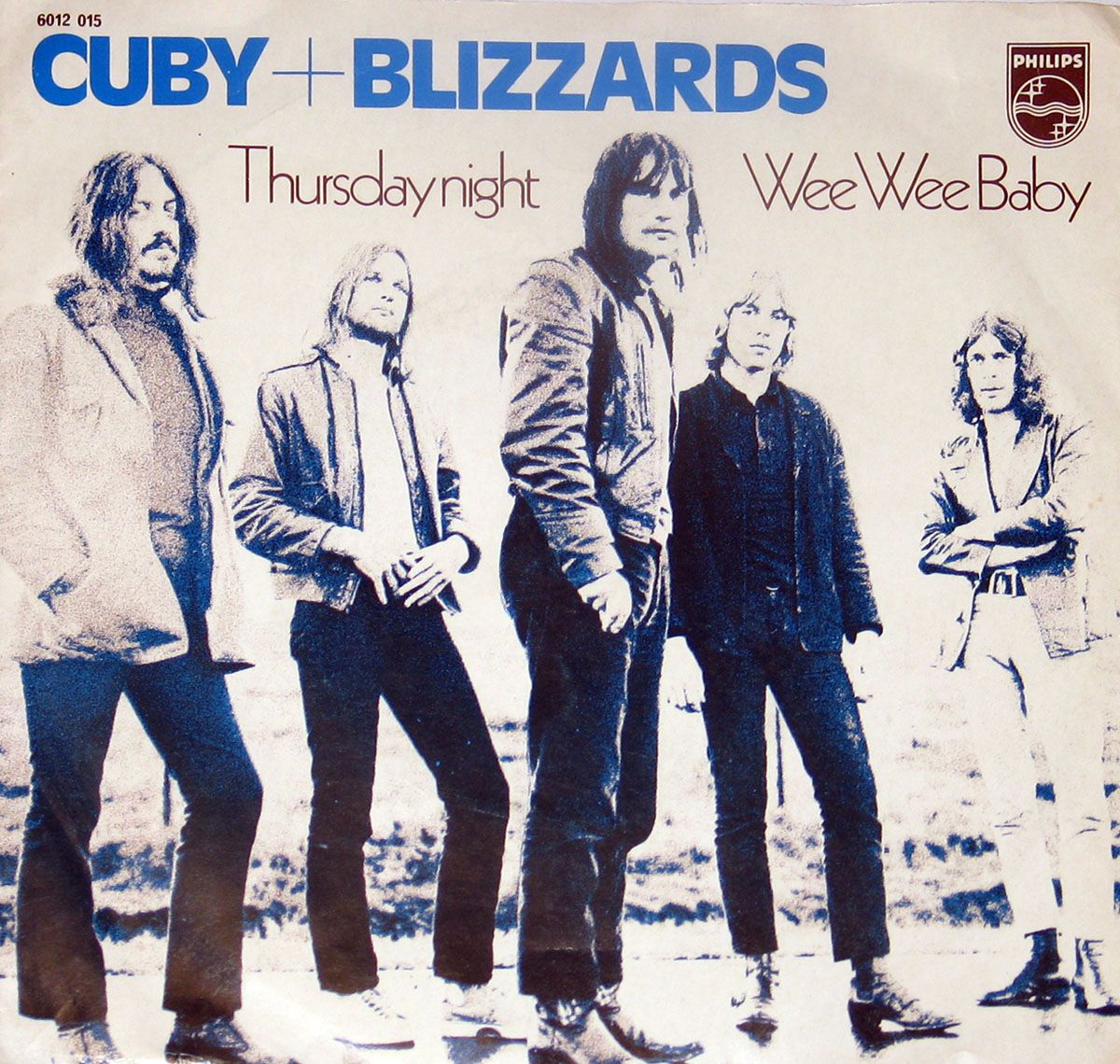
The world of American music recently lost one of its most distinctive and enduring voices with the passing of Tommy McLain, the revered “King of Swamp Pop,” at the age of 85. McLain, a son of the Louisiana bayou, crafted a sound that was as unique and vibrant as the landscape from which it emerged, a testament to his innate musicality and deep connection to his cultural roots. His influence stretched far beyond the confines of his home state, quietly shaping the sensibilities of artists as diverse as Elvis Costello and Nick Lowe, who recognized in him a singular artistic spirit.
McLain’s career, spanning more than six decades, was a journey through the evolution of regional American music, showcasing a remarkable ability to blend genres while maintaining an authentic, unmistakable vocal identity. His distinct tenor, laid over a bouncy meld of rock, zydeco, country, and R&B, created a musical alchemy that captivated audiences and critics alike, even during periods when the spotlight seemed to shift away from his genre. His life was a compelling narrative of creativity, perseverance, and a deep, abiding love for the power of song.
This first section will explore the foundational elements of Tommy McLain’s extraordinary life and career, from the very moment of his passing to the vibrant musical tradition he championed, his early forays into the swamp pop scene, and the fascinating story behind his most iconic hit. We will also delve into how his distinctive sound transcended geographical boundaries, unexpectedly finding a fervent following in Britain and inspiring a new generation of musicians who would go on to redefine popular music.
1. **The End of an Era: Tommy McLain’s Passing at 85**
Tommy McLain, the iconic voice synonymous with Louisiana’s swamp pop genre, passed away peacefully on July 24, 2025, in Hessmer, Louisiana. He was 85 years old. His death, confirmed by his family in a statement, marks the end of a profound chapter in American music history. No specific cause was publicly disclosed, allowing his admirers to focus on the monumental legacy he leaves behind rather than the circumstances of his departure.
McLain was widely known and celebrated as the “King of Swamp Pop,” a title earned through decades of masterful performance and deep immersion in the genre’s unique blend of sounds. His distinctive tenor voice became an immediate identifier, instantly recognizable to fans across the globe. This vocal quality, coupled with his innate ability to infuse rock, rhythm and blues, zydeco, and country elements, created a signature sound that was both regionally specific and universally appealing.
His passing prompted an outpouring of tributes from fellow musicians, fans, and music historians, all acknowledging his indelible mark on the musical landscape of the American South and beyond. McLain’s career was characterized by an enduring commitment to his craft, a journey that saw him navigate the ebb and flow of musical trends while always remaining true to the authentic spirit of swamp pop. His impact, particularly on the artists he inspired, speaks volumes about the depth of his talent and the timeless quality of his music.

2. **Defining Swamp Pop: A Unique Louisiana Sound** Swamp pop emerged as a distinct musical tradition in the late 1950s, primarily rooted in the rich cultural tapestry of Louisiana. It was a fascinating hybrid, born from the innovative spirit of local musicians who began to infuse the burgeoning sounds of rock ‘n’ roll with elements native to their region. This fusion incorporated the vibrant rhythms of zydeco, the soulful depths of the blues, and the foundational, rollicking piano sound popularized by figures like Fats Domino, creating something entirely new and captivating.
The music historian John Broven, author of “South to Louisiana” (1984), eloquently captured the essence of this genre in an interview. He noted that “Despite the fact they were singing rock ’n’ roll, they imbued it with this French Cajun feeling, which, coupled with Fats Domino’s sound, gave it a unique sound.” This unique blend provided swamp pop with an identity that set it apart, making it a compelling listen for those seeking a fresh sonic experience.
Tommy McLain was, without question, an integral part of this innovative musical movement. His artistry perfectly embodied the spirit of swamp pop, synthesizing its diverse influences into a cohesive and emotionally resonant form. His contributions were pivotal in defining the genre’s sound, solidifying its place within the broader panorama of American popular music, and ensuring its enduring appeal for generations to come.

3. **Early Musical Roots: The Vel-Tones and The Boogie Kings** Before embarking on a solo career that would bring him national fame, Tommy McLain honed his musical chops within the vibrant, collaborative environment of Louisiana’s burgeoning swamp pop scene. He began his journey playing in various bands that were instrumental in shaping the early sound of the genre. These formative experiences allowed him to refine his distinctive vocal style and deepen his understanding of the unique musical blend that would become his hallmark.
Among his notable early affiliations were The Vel-Tones and the iconic Boogie Kings. These groups provided the crucible in which McLain’s talents were forged, giving him invaluable stage experience and the opportunity to experiment with the fusion of R&B, country, and rock that defined swamp pop. His long-term collaboration with Clint West began during this period, culminating in their 1965 duet, “Try to Find Another Man,” a track that perfectly showcased the genre’s signature blend and McLain’s emerging vocal prowess.
These early band experiences were crucial for McLain, serving as the bedrock for his future success. They allowed him to connect with fellow musicians, explore the nuances of performance, and contribute to the collective development of a new regional sound. It was within these groups that the “King of Swamp Pop” truly began to find his voice, setting the stage for the national recognition he would soon achieve.

4. **The Unforeseen Smash: “Sweet Dreams” and its Chart Ascent** While Tommy McLain was a prolific songwriter throughout his career, his most significant commercial breakthrough came not from an original composition, but from a stirring cover. In 1966, he released his rendition of “Sweet Dreams,” a song originally penned by Don Gibson. This track had previously been a major hit for the legendary Patsy Cline in 1963, setting a high bar for any subsequent interpretations.
McLain’s version, however, transcended the shadow of its predecessor, resonating deeply with a new audience. His distinctive tenor voice brought a fresh emotional depth to the lyrics, transforming the country ballad into a swamp pop classic. This unique interpretation propelled the song up the national charts, securing its place as his biggest hit and a defining moment in his career.
The track’s success was remarkable: it climbed to an impressive No. 15 on the U.S. Billboard Hot 100 chart, a higher position than Patsy Cline’s original version had achieved. Furthermore, it demonstrated international appeal, reaching No. 49 on the UK Singles Chart. The commercial triumph of “Sweet Dreams” was undeniable, selling more than three million copies and ultimately earning McLain a coveted gold record, cementing his status as a national star.
5. **A Curious Origin: The Jukebox Hit of “Sweet Dreams”** The journey of Tommy McLain’s “Sweet Dreams” to national prominence is punctuated by a truly serendipitous and unconventional beginning. The artist himself practically stumbled upon the song. While driving to a show one day, he heard Patsy Cline’s version playing on the radio. Impulsively, he began to sing along, and in that moment, he recognized something profoundly compelling in the melody and lyrics, deciding then and there to perform it that very night.
Following its successful live debut, McLain was eager to record his interpretation. He eventually persuaded a studio owner, Floyd Soileau, to record the track. However, Soileau, initially hesitant, found McLain’s version to be “too offbeat” for a standard release. This initial skepticism led to an unexpected turn of events, as Soileau chose not to widely distribute the record himself, instead selling it to the owner of a nearby brothel.
Just a few days later, a phone call from the brothel owner would confirm the song’s unexpected power. Recalling the moment in an interview with John Broven for his book, Soileau recounted the owner’s excited declaration: “Floyd, God almighty, do you have a hit. That ‘Sweet Dreams’ does not quit playing on the jukebox in that house. Them women just play this thing over and over again, and the women really know what’s going to sell a record.” This remarkable anecdote underscores the organic, word-of-mouth appeal that ultimately launched McLain’s most famous song into the national consciousness.
6. **Swamp Pop’s British Revival: Gillett’s Compilation and Early Punk** As the 1960s drew to a close and the 1970s dawned, swamp pop experienced a decline in its mainstream popularity within the United States. The airwaves became increasingly dominated by the sounds of rock bands emerging from Britain, as well as the vibrant music scenes of the East and West Coasts. Despite this shift in domestic musical tastes, the unique Louisiana sound found an unexpected and fervent following across the Atlantic, particularly in Britain.
This transatlantic appreciation was significantly bolstered in 1974 by Charlie Gillett, a prominent British DJ and label owner. Gillett curated and released “Another Saturday Night,” a compilation album dedicated to showcasing the rich sounds of swamp pop. Crucially, this compilation included a track by Tommy McLain, reintroducing his distinctive artistry to a fresh audience eager for authentic, roots-driven music from America.
The compilation’s release proved to be instrumental in connecting McLain’s music with an entirely new generation of listeners, including key figures within the burgeoning punk movement. Early punk musicians were drawn to the raw, unpolished, and “offbeat sound” that characterized McLain’s work. It was through this British revival that future musical legends like Elvis Costello and Nick Lowe first tuned into McLain’s unique artistic vision, sowing the seeds for collaborations that would emerge decades later.

7. **Inspiring Icons: Elvis Costello and Nick Lowe’s Early Appreciation** The quiet yet profound influence of Tommy McLain on the trajectory of popular music is perhaps best exemplified by the early appreciation shown by two titans of British new wave and rock: Elvis Costello and Nick Lowe. These highly influential artists were among those who recognized the singular quality of McLain’s swamp pop sound, long before their own significant careers took flight and decades prior to their eventual collaborations. Their early discovery of his music speaks volumes about McLain’s artistic depth and enduring appeal.
What resonated so deeply with these discerning musicians was McLain’s extraordinary vocal instrument and his distinctive stylistic approach. C.C. Adcock, the singer and guitarist who would later lead the swamp-pop group Lil’ Band O’ Gold and perform with McLain, articulated this unique quality with precision. In an interview, Adcock stated, “He had an amazing, one-of-a-kind, extraordinary X factor — whatever you call it — of a voice.” This assessment highlights the inimitable nature of McLain’s vocal delivery, which defied easy categorization.
Adcock further elaborated on McLain’s unparalleled vocal identity, noting, “It didn’t sound like ‘oh, that’s a white dude singing well,’ or ‘that’s soul music.’ It just sounded like that weird thing that I think only a few people have.” This powerful description perfectly captures the essence of McLain’s appeal: a voice so distinct and authentic that it transcended typical genre labels and racial constructs in music. It was this rare, undefinable quality that captivated future stars like Costello and Lowe, establishing a lasting connection that would ultimately lead to some of McLain’s most significant later-career achievements.

8. **A Late-Career Triumph: “I Ran Down Every Dream”**After decades during which new recordings from Tommy McLain were sparse, the year 2022 marked a significant resurgence in his distinguished career with the release of “I Ran Down Every Dream.” This album, his first in over 40 years, was a powerful testament to his enduring artistic vitality and creative spark, captivating both long-time fans and a new generation of listeners. It served as a compelling declaration that the “King of Swamp Pop” still commanded his throne, offering a collection of songs that masterfully blended his signature sound with a fresh, contemporary resonance. The critical acclaim that followed its release underscored McLain’s undiminished talent and his profound ability to connect with an audience.
The genesis of this unexpected comeback album was facilitated by the collective efforts of admiring musicians and producers, particularly C.C. Adcock, the acclaimed singer and guitarist who also led the swamp-pop group Lil’ Band O’ Gold. Adcock proved instrumental in securing McLain’s contract with Yep Roc Records, a crucial step in bringing this project to fruition. This collaborative spirit not only highlighted the deep respect and admiration McLain commanded within the music community but also pointed to the timeless quality of his artistry, which continued to inspire new generations of performers and industry professionals.
“I Ran Down Every Dream” was more than just a new album; it was a narrative in itself, a testament to perseverance and the magnetic pull of pure musical talent. The title track, co-written by McLain and Elvis Costello, served as a poignant reflection of his life’s journey, demonstrating a lyrical depth that matched his vocal prowess. Its release reignited national attention, leading to significant media appearances and confirming that McLain’s unique voice and authentic sound remained profoundly relevant in the modern musical landscape.

9. **Star-Studded Collaborations: An Enduring Artistic Magnetism**The creation of “I Ran Down Every Dream” was elevated by an extraordinary roster of collaborators, a clear testament to Tommy McLain’s profound and lasting influence across various musical genres and generations. The album featured significant contributions from acclaimed British artists Elvis Costello and Nick Lowe, whose early appreciation for McLain’s distinctive “offbeat sound” in the 1970s had been previously detailed. Their involvement was not merely symbolic; both artists actively contributed vocally, lending their inimitable styles to the album’s rich tapestry and deepening its overall artistic resonance.
These collaborations were far from incidental; they were organic extensions of a mutual respect cultivated over decades. For instance, Elvis Costello co-wrote “My Hidden Heart” with C.C. Adcock and the title track, “I Ran Down Every Dream,” directly with McLain himself, showcasing a genuine creative partnership. Nick Lowe also joined forces with McLain on another track, “The Greatest Show on Hurt,” solidifying the album’s star power and demonstrating how McLain’s artistry continued to attract and inspire musicians of the highest caliber.
Beyond these British luminaries, the album also boasted appearances by other significant figures in American music, including the renowned New Orleans keyboardist Ivan Neville and the highly respected composer and arranger Van Dyke Parks. Their presence on “I Ran Down Every Dream” underscored the album’s artistic ambition and the universal appeal of McLain’s music, transcending genre boundaries and geographical origins. These star-studded features were not simply guest spots; they were genuine artistic exchanges that highlighted McLain’s unique ability to connect with diverse talents, affirming his status as a musician’s musician.

10. **The Unwavering Core: McLain’s Enduring Musical Philosophy**Throughout his extensive career, Tommy McLain maintained a remarkably consistent and profound philosophy regarding his musical calling. For him, music was not merely a profession or a pursuit of fame; it was an intrinsic part of his being, a fundamental aspect of his identity. This deep conviction was eloquently articulated in a 2022 interview with NPR, where he stated, “I’ve got to have music around me. That’s all I know. That’s my gift, you know?”
This candid reflection revealed the authentic, unyielding devotion that fueled his six-decade journey in the industry. McLain’s perspective transcended the commercial aspects of the music business, focusing instead on the inherent joy and necessity of creating. He continued, “So I talk to everybody about music, and they talk about whatever they do, and I don’t understand a word they’re saying because music’s all I can do.” This sentiment not only showcased his humility but also highlighted a singular focus that allowed him to remain true to his artistic vision, even when mainstream trends shifted. His life served as a testament to the idea that true passion is its own reward, a gift to be nurtured and shared regardless of external circumstances.

11. **Beyond the Microphone: McLain’s Legacy as a Songwriter**While Tommy McLain was primarily celebrated for his distinctive tenor voice and captivating performances, his talents extended significantly into the realm of songwriting. Although his biggest hit, “Sweet Dreams,” was a cover, McLain was a prolific composer in his own right, crafting songs that would find success in the hands of other artists. This aspect of his career revealed a versatile musical mind, capable of shaping melodies and lyrics that resonated with diverse audiences and performers.
One notable example of his songwriting prowess is the track “If You Don’t Love Me Alone (Leave Me Alone).” This song became a hit for the acclaimed Tejano singer Freddy Fender in 1977, demonstrating McLain’s ability to craft material that transcended the specific confines of swamp pop. His contributions as a songwriter underscored his comprehensive musicianship, cementing his status not just as a captivating performer but also as a foundational creative force behind the scenes for other significant artists within the broader American music landscape.

12. **The Persistent Performer: From Louisiana Lounges to National Stages**Tommy McLain’s dedication to performing remained an unwavering constant throughout his career, forming a continuous thread that ran across decades, even during periods when the broader music industry’s focus shifted away from swamp pop. While he continued to record and tour through the 1970s, he candidly admitted that the venues available to him progressively shrank in number and size, often confining him to lounge matinees in suburban Louisiana. It was during this challenging era that he also confronted and overcame personal struggles with drugs and alcohol, eventually emerging clean and finding solace and renewed purpose through his conversion to Roman Catholicism. This profound personal transformation underscored his inherent resilience and enduring commitment to his musical path.
In his later years, McLain’s enduring talent and revitalized spirit found new avenues for expression and recognition, bringing him back into the national spotlight. He actively performed with C.C. Adcock’s Lil’ Band O’ Gold in the 2010s, reaffirming his deep connection to the vibrant Louisiana music scene that had nurtured his unique sound. His renewed visibility was significantly amplified in 2022, following the release of “I Ran Down Every Dream,” leading to a memorable national television appearance on “The Late Late Show With James Corden” alongside C.C. Adcock, which introduced his distinctive voice to a fresh, wider audience beyond his dedicated fanbase.
The collaborative spirit that marked his comeback album extended into other projects as well. McLain’s rich, soulful voice continued to find new expressions, notably through his duet with Lucinda Williams on the track “Release Me.” This collaboration was featured on “A Tribute to the King of Zydeco, Clifton Chenier,” further showcasing McLain’s versatility and his ongoing relevance within the broader roots music community. Earlier in his career, he also made a notable appearance in the 1975 film “The Drowning Pool,” starring Paul Newman, performing with his band, the Mule Train Band, an example of his presence across different entertainment mediums and his capacity to reach audiences beyond the typical musical stage.

13. **Well-Deserved Accolades: McLain’s Induction into the Louisiana Music Hall of Fame**The significant and lasting impact of Tommy McLain’s contributions to American music, particularly within the distinct genre of swamp pop, received formal and highly esteemed recognition through his induction into the Louisiana Music Hall of Fame. This honor, bestowed upon him in 2007, was a testament to his pivotal role in shaping and preserving the state’s rich musical heritage. It acknowledged decades of artistry, innovation, and an unwavering commitment to a sound deeply rooted in the bayou.
His legacy was further underscored by an additional recognition in 2022, reinforcing his enduring status as a cornerstone of Louisiana music. Such inductions serve not only as a tribute to an artist’s past achievements but also as an affirmation of their continued cultural relevance. For McLain, these accolades were a public acknowledgment of the profound influence his unique blend of rock, R&B, zydeco, and country had exerted, cementing his place among the pantheon of Louisiana’s greatest musical figures and ensuring his work would be celebrated for generations to come.

14. **A Lasting Echo: The Profound Legacy of the King of Swamp Pop**Tommy McLain’s passing at 85 marked the end of an era, but the echoes of his distinctive tenor voice and the unique sound he helped define will undoubtedly resonate for generations. His career, spanning more than six decades, was a living testament to the power of regional music and the enduring appeal of authenticity. McLain navigated the shifting tides of popular music, always remaining true to the “offbeat sound” that first captivated listeners and inspired fellow musicians across continents. His life was a journey of perseverance, marked by personal challenges and profound triumphs, culminating in a late-career resurgence that underscored his timeless appeal.
He leaves behind a loving family, including his sons David, Barry, Chad, and Jonathan; his daughters Felicia Soileau and Alyson Lemoine; his brother Paul; his sisters Glendola Mills and Odessa Lewis; ten grandchildren; seven great-grandchildren; one great-great-grandchild; and his partner, Carol Skaggs. He was preceded in death by his son, Tommy McLain, Jr.; his parents, Glenn and Nellie McLain; his brothers, Paul McLain and Albert McLain; and his sisters, Glendola Mills and Odessa Lewis, and daughter-in-law Brenda McLain. McLain will be remembered not only for his timeless songs but for his humility, passion, and devotion to the music he loved, a true King whose reign extended far beyond the confines of Louisiana, echoing in the heart of American music.
In the tapestry of American music, Tommy McLain wove a vibrant and unmistakable thread, imbued with the humid soul of Louisiana. His legacy is not merely etched in gold records or Hall of Fame plaques, but vibrates in the very air of the bayou, a testament to a voice that could transform melancholy into melody and make a jukebox sing with unexpected power. He was a pioneer, a survivor, and a true original, whose “Sweet Dreams” will continue to drift through time, inspiring all who listen to the singular magic of swamp pop. Though the King has passed, his music remains an eternal heartbeat, a reminder that the most profound artistry often blossoms from the most authentic and deeply rooted places, forever enriching the global soundscape.






